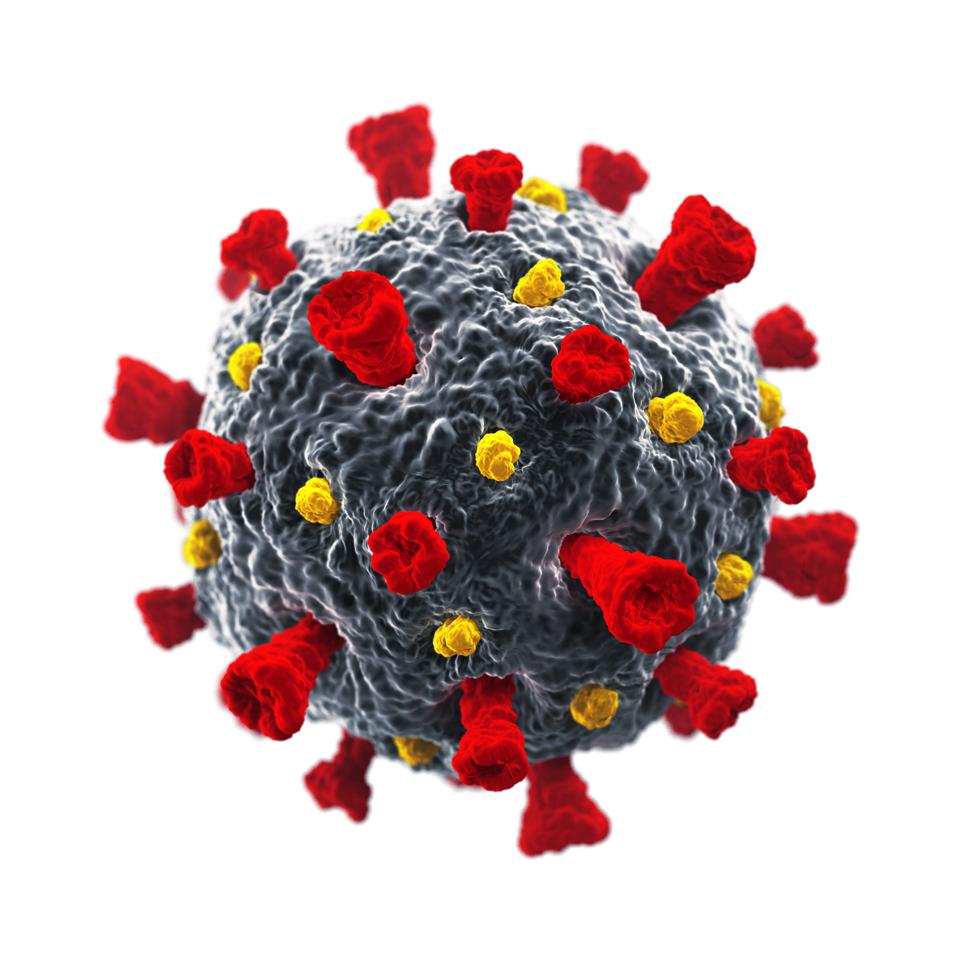SARS-CoV-2 variant Omicron updated on Dec 18, 2021 by Edward Dong Grade 10, SunLifegene Academic Program in Medical Science, Toronto, ON, Canada


The omicron variant spreads faster, however may not be as severe as other variants like the original SARS-CoV-2 and the Delta variant, due to it not infecting the lower lungs as effectively. Scientists used samples from in human bronchus and lung tissue to study the virus. They used this study to determine the comparison between the omicron variant and Delta variant. Over 24 hours, omicron replicated 70 times more than the delta variant and the original virus in human bronchus. However, they replicated less efficiently in the lung tissue compared to the original variant. It is important to understand that the severity of the disease depends on the individual’s immune response including the dysregulation of the innate immune system and level of cytokine storm , not just the rate of viral replication We need understand that a very infectious virus may cause higher mortality more severe disease even though the virus itself is less severe than other variants. This means that this variant may be very significant in people’s lives. One person has dies after infecting the Omicron in UK who did not taking COVID 19 Vaccine. And UK also reported around 10,000 cases and 10 people hospitalized. Ontario could have more than 10000 daily cases by the end of the year, and will need to introduce restrictions in order to prevent the spread of the virus while people get their booster shots.
Summary:
- Omicron already became the dominant variant in Ontario and the global
- Omicron infects and replicates 70 times compared to SARS CoV2 / Delta in airways and is better than lung compared to SARS CoV2 / Delta.
- Omicron may become very severe if not dealt with
- Boosters are important to reduce the severity of the variant
- Restrictions must be made to reduce the spread
- It is also important to increase access to rapid testing
Reference:
- https://www.med.hku.hk/en/news/press/20211215-omicron-sars-cov-2-infection
- https://www.who.int/news/item/26-11-2021-classification-of-omicron-(b.1.1.529)-sars-cov-2-variant-of-concern
